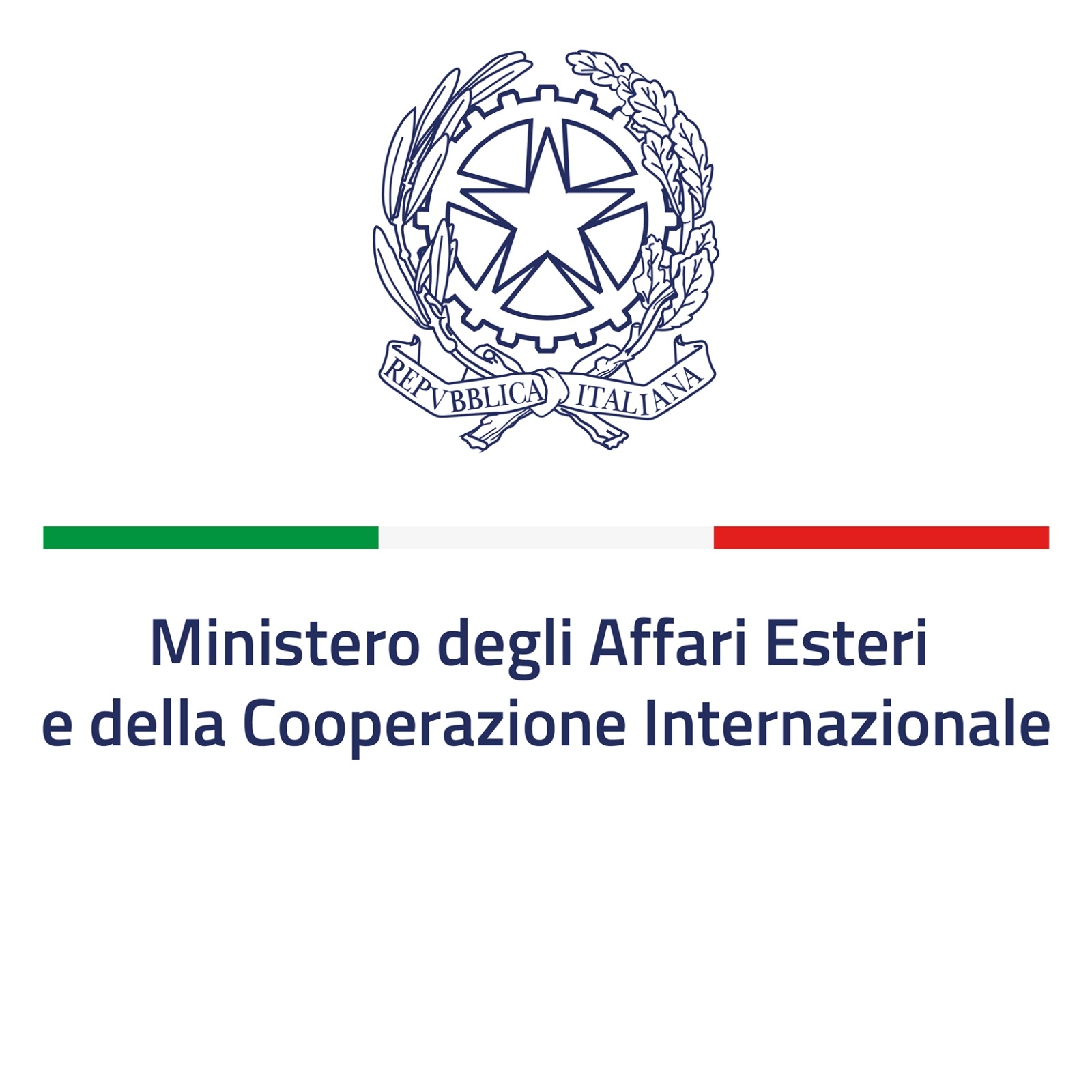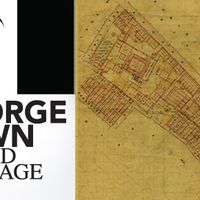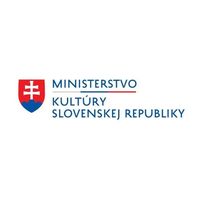Ministry of Foreign Affairs and International Cooperation (Italy)

The Ministry of Foreign Affairs and International Cooperation (Italy) is responsible for the State’s functions, tasks and duties in matters concerning Italy’s political, economic, social and cultural relations with other countries. Its duty, therefore, is to ensure that the international and European activities of Italy’s other ministries and government offices are consistent with the country’s international policy objectives.
The main functions of the Foreign Ministry:
- International relations, especially establishing closer relations with the emerging economies, enhancing Italy’s contribution to international security and contributing to our country’s energy security
- Representing the Italian position in the European integration process, in implementing the European Common Foreign and Security Policy (CFSP), and in the European Union’s external political and economic relations
- Support for enterprise, economic-commercial questions, promoting the “Made in Italy” brand and supporting Italian businesses abroad
- Promoting the Italian language and culture abroad, through Italian schools, scholarships and grants for foreign citizens, language courses organised by the Italian Cultural Institutes, and archaeological missions
- Support and services for Italians abroad through the consular register office, assistance and protection for residents and tourists, intervention in emergencies, consular services, help for Italian prisoners abroad and assistance in cases involving international child abduction
- Entry visas to Italy
- Development Cooperation with the double objective of ensuring that human rights are protected and fostering the economic growth of all peoples
- Communication and information for the institutions, the media and citizens: information is provided by the political leadership, the Press and Institutional Communication Service and the Office for Relations with the Public.
Similar content
posted on
12 Apr 2018
posted on
07 Sep 2010
deadline
31 Mar 2012
posted on
21 Mar 2011
posted on
05 Jul 2011
posted on
28 May 2011





